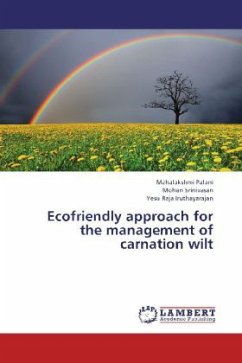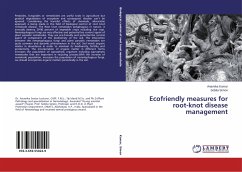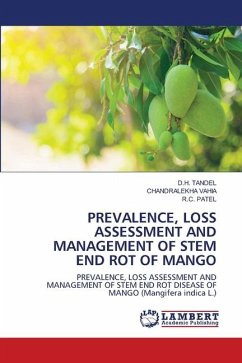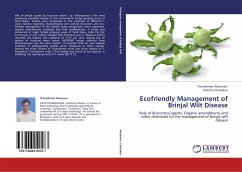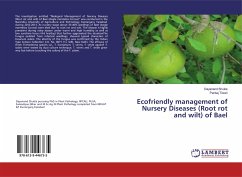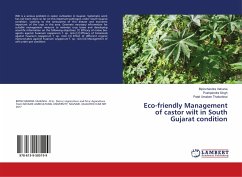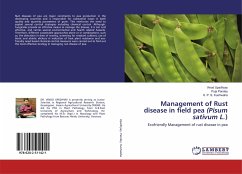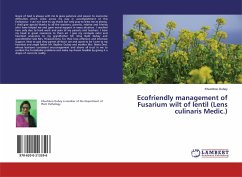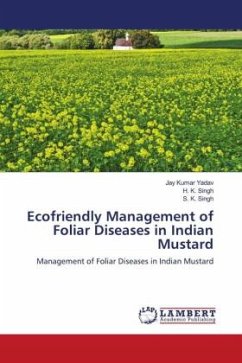
Ecofriendly Management of Foliar Diseases in Indian Mustard
Management of Foliar Diseases in Indian Mustard
Versandkostenfrei!
Versandfertig in 6-10 Tagen
56,99 €
inkl. MwSt.

PAYBACK Punkte
28 °P sammeln!
Indian mustard [Brassica juncea (L.) Czern & Coss.] is an important oil seed crop, grown both in tropical and subtropical regions of the world. It is an important edible oil that cannot be easily replaced. Indian mustard belongs to the family Brassicaceae. It is one of the second-most important rabi oilseed crops after groundnut and accounts for nearly 30% of the total oilseed production in the country. They occupy a prominent place, being next in importance to groundnuts, both in area and production, They meet the fat requirement of about 50% of the population in the country and are grown und...
Indian mustard [Brassica juncea (L.) Czern & Coss.] is an important oil seed crop, grown both in tropical and subtropical regions of the world. It is an important edible oil that cannot be easily replaced. Indian mustard belongs to the family Brassicaceae. It is one of the second-most important rabi oilseed crops after groundnut and accounts for nearly 30% of the total oilseed production in the country. They occupy a prominent place, being next in importance to groundnuts, both in area and production, They meet the fat requirement of about 50% of the population in the country and are grown under a wide range of agro-climatic conditions. Indian mustard is the most important member of the group, accounting for more than 70% of the area under rapeseed and mustard, followed by Toria, Yellow Sarason and Brown Sarason.





